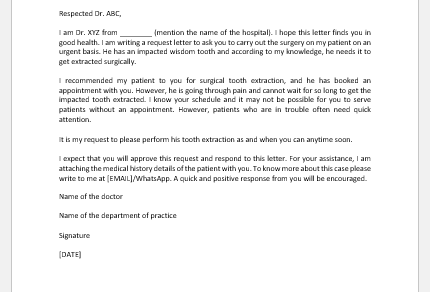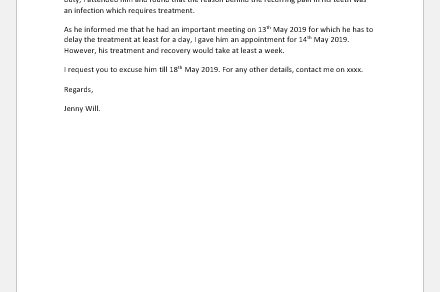Depression is also called a major depressive disorder. It is a pathological disease and has been prevalent in our society for quite some time. According to a survey, around 10% to 20% of the population suffers from depression at any stage of life.
What is depression?
It is a medical illness that affects the mind and mood negatively. A patient with depression suffers from excessive mood swings, feelings of restlessness, worthlessness, and anxiety all the time. His eating and sleep cycles are badly disturbed. He either sleeps, eats a lot, or not at all. He also suffers from aggressiveness and a feeling of emptiness.
Incidence of depression
It is astonishing to know that depression exists in all age groups. We find depression in children and adults; we find depression in old people and women; and we find severe forms of depression in pregnant ladies, especially during the post-partum period.
What causes depression?
Although the exact causes of depression have not been identified by psychiatrists and researchers yet, there are several risk factors associated with depression, for example:
- Hormonal changes in people may be one of the causes of depression in them.
- Genetic causes have also been found to have a strong association with depression.
- People involved in substance abuse also show depression and its recurrence, even after treatment, if they continue the substance abuse.
- Constant stress and workload have also been associated with depression.
- Medical illnesses that have a prolonged course and poor prognosis can also push the patient down into depression, which turns out to be negatively affecting the prognosis even further.
- Psychotic disorders that change the chemistry of brain tissue are most strongly associated with depression, and they require aggressive management.
Signs and symptoms of depression
It is important to identify depression well in time. If not identified and treated well in time, the situation worsens and affects the quality of life, and as time passes, it becomes even more difficult to treat depression. Some of the important signs and symptoms of depression are:
- A feeling of constant sadness
- Feeling of worthlessness
- Laziness and lack of motivation to do anything
- Eating, sleeping, and daily routine are badly disturbed
- Anger outbursts and mood swings
- The feeling of guilt all the time
- Lack of interest in doing anything
- Difficulty in concentrating and completing tasks
- Difficulty in maintaining healthy relationships
- Inability to make decisions
- Excessive weight loss or weight gain
- Self-harm or suicidal thoughts revolve in the mind all the time
- Body aches and unexplained sickness all the time
Depression documentation
Documentation of depression is important so that it can be managed in time. One who feels depressed and feels like seeking a doctor’s advice must start documenting his feelings every day. A form is easily available and can also be used by the health professional to document the feelings of the patient along with his comments. This helps in going into the depths of his mental state and timely management.
- Mental Health Evaluation Forms
- Forms Used by Pediatricians
- Various Forms Related to Pregnancy Verification
- Common Forms Used by ENT Specialists
- Patient Registration Confirmation Messages
- Quotation Letter for Medical Services
- Mental Health Letter by Doctor
- Excuse Letter for Absence due to Medical Checkup
- Response Letter to Feedback on Improvement in Hospital
- Letter to a Mother Who Miscarried
- Patient Feedback Letter Complaining on Issues or Incidents
- Letter to Family about Miscarriage
- Patient Constructive Feedback Letter for Quality Care Improvement
- Registered Nurse Designation Letter
- Patient Feedback Letters



